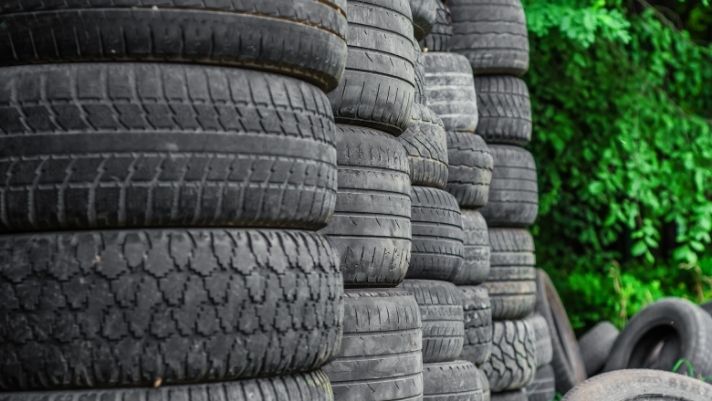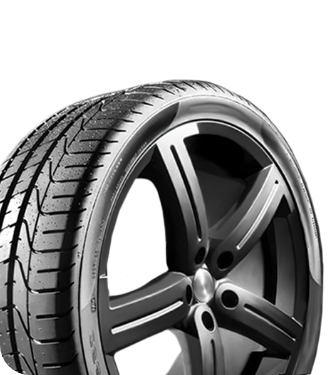

Understanding How Tires Are Recycled
Tires |No matter how hard we work to take care of our vehicle tires, there always comes a time when they need to be replaced. Once the treads have worn away and the rubber itself begins to lose its durability, they’re simply no longer safe to use for driving. Fortunately, when disposed of in the proper ways, these materials still won’t go to waste. Gain an understanding of how tires are recycled and the overall importance of this sustainable process here.
Why Recycle Your Old Tires?
First and foremost, it’s crucial that you have a basic knowledge of the purpose behind recycling your old tires. Believe it or not, the same rubber compound that our car tires are made from is also used in a series of other important products, such as synthetic turf and playground floors. In some cases, the rubber from old tires can even be broken down into a rough substitute for gravel. This means that while it won’t be able to become new tires, these substances can still make a positive and sustainable impact on the community.
The Different Recycling Processes
So, when it comes to understanding how tires are recycled, the important thing to remember is that there’s more than one way to go about this process. Upon arrival at the rubber recycling plant, tires will be dispersed and treated depending on the product that they will become. Here are the dominant forms of this procedure.
Shredding and Grinding
If a plant is planning to turn the recycled tires into a form of pavement or turf, they’ll typically use shredding and grinding practices to accomplish this. This process cuts the tires up into millions of smaller pieces, making them easier to spread along areas of ground or press into a crack or hole.
Chemical Melting
On the other hand, should the plant’s goal be to break down the tires into something more malleable, they’ll treat the tires with strong chemicals after shredding. The tire chunks will be heated, and solutions will be added to return the material to a liquid state. From here, the substance can be used in a variety of ways, including as a sealant or, rarely, as an alternative fuel.
Freezing
Rubber can also be frozen with liquid nitrogen and shattered into a fine powder, which is an effective ingredient in many waterproof paints and asphalts. It’s often mixed into resins and other raw materials to give them added resistance to certain amounts of moisture or humidity levels.
Devulcanization
But recycled rubber is most commonly subject to a process known as devulcanization. Upon manufacturing, car tires are infused with sulfur to make them harder and more durable. However, when recycled, this process needs to be undone to bring the rubber back to its softer state. Devulcanization strips the material of its sulfur and leaves it pliable enough that it can transform into other things. Don’t put off recycling your old vehicle tires just because you’re afraid of paying for new ones. At RNR Tire Express, we’re proud to offer thousands of quality tires at a price that anyone can reasonably afford. So, give us a call or stop by our tire shop in Spartanburg, SC, for more information about our exclusive deals.





